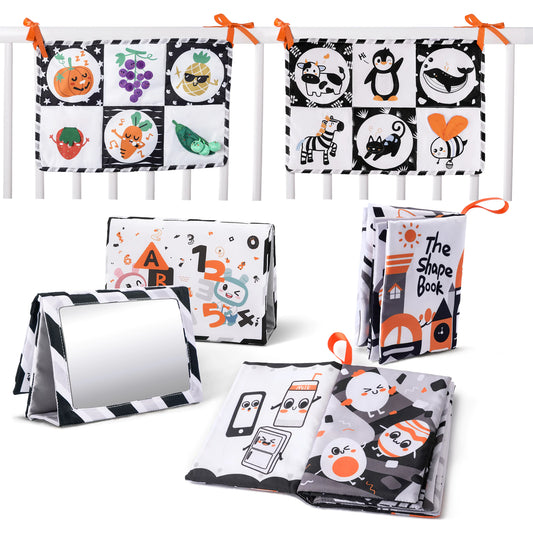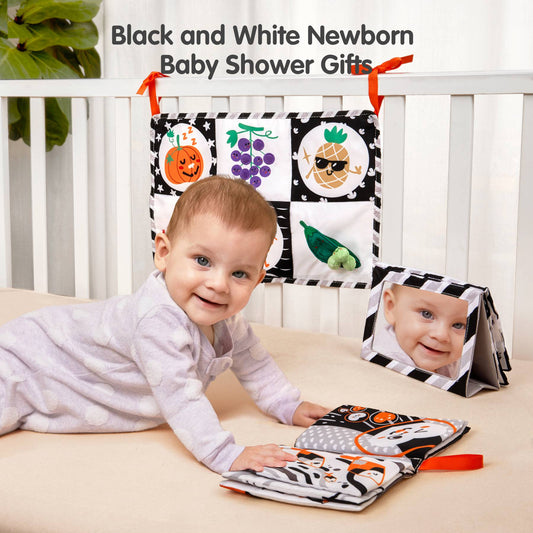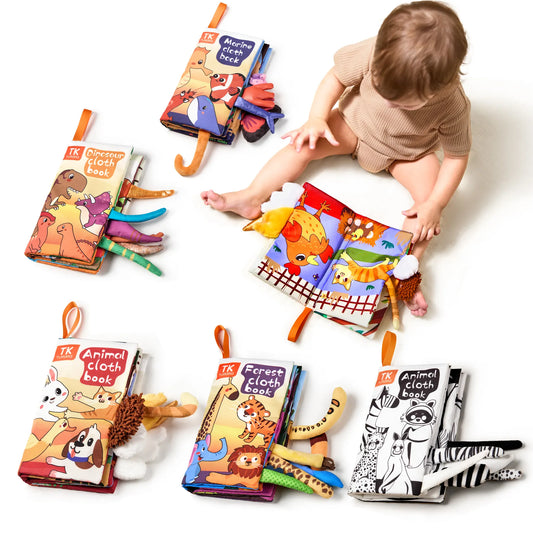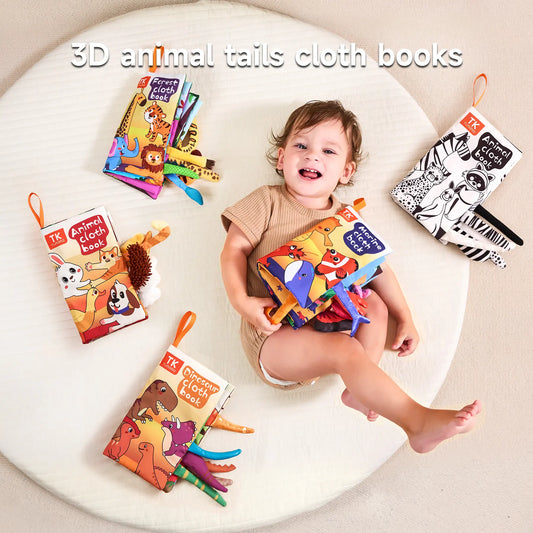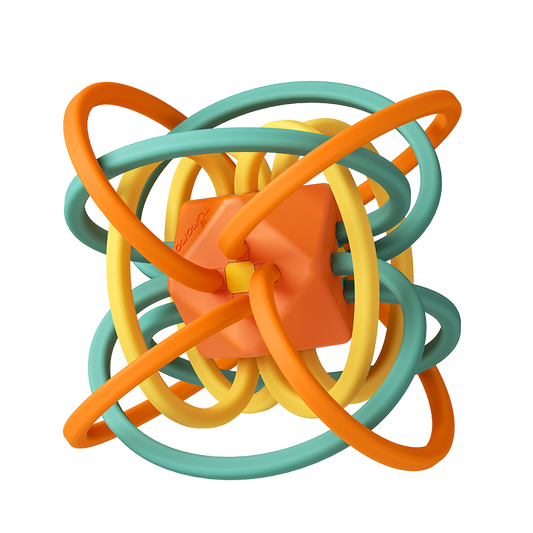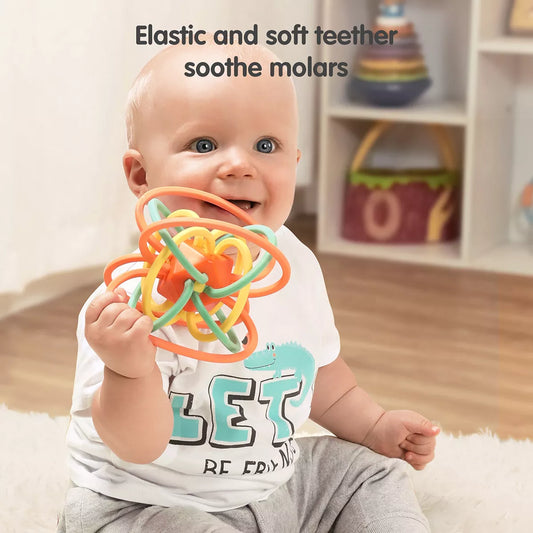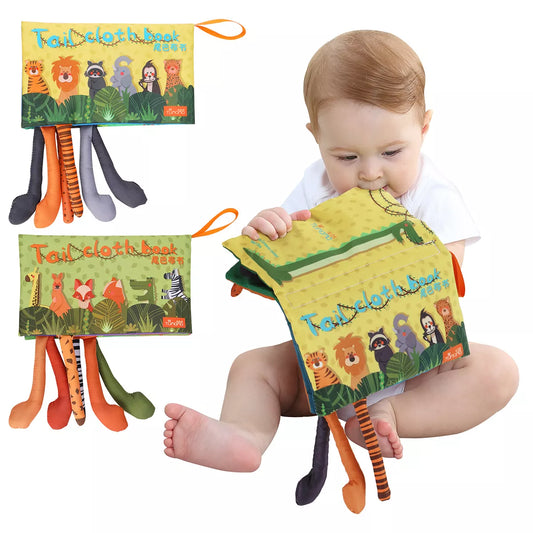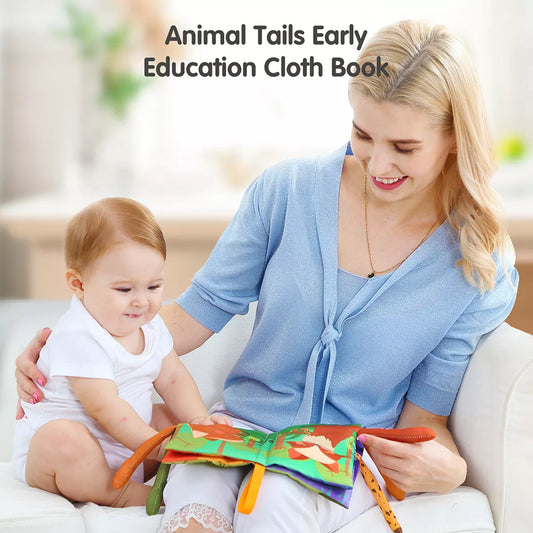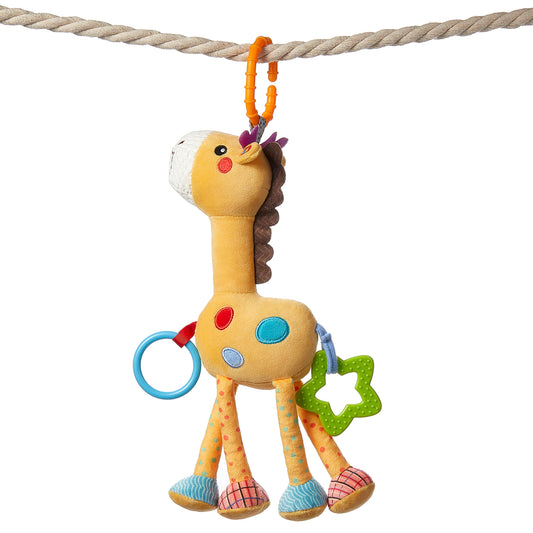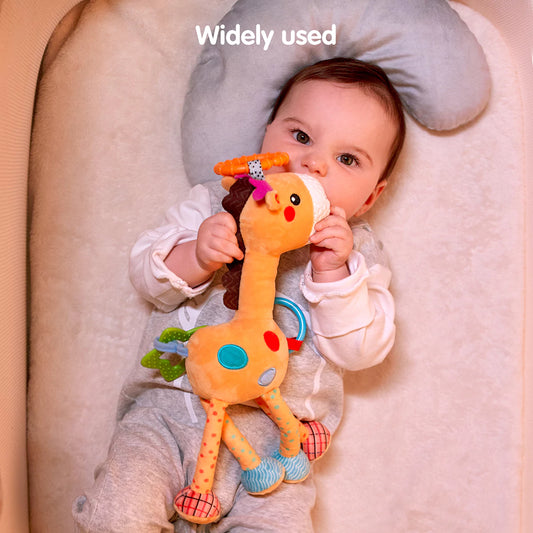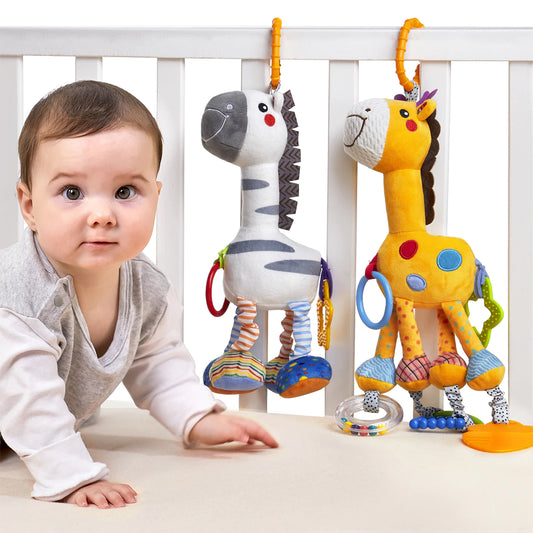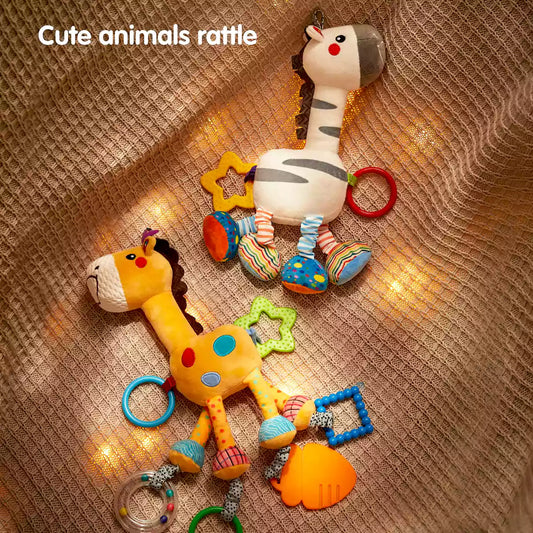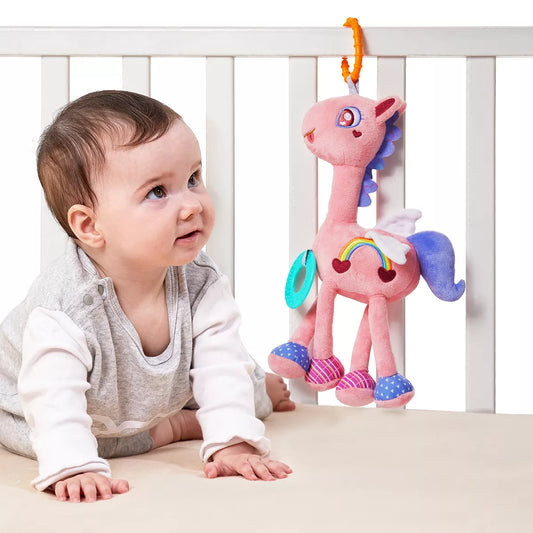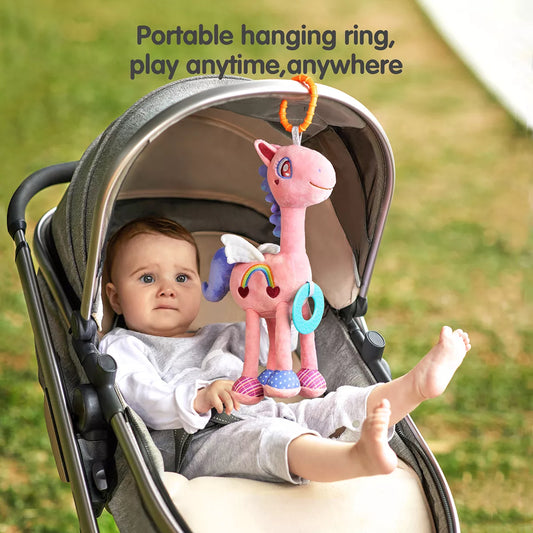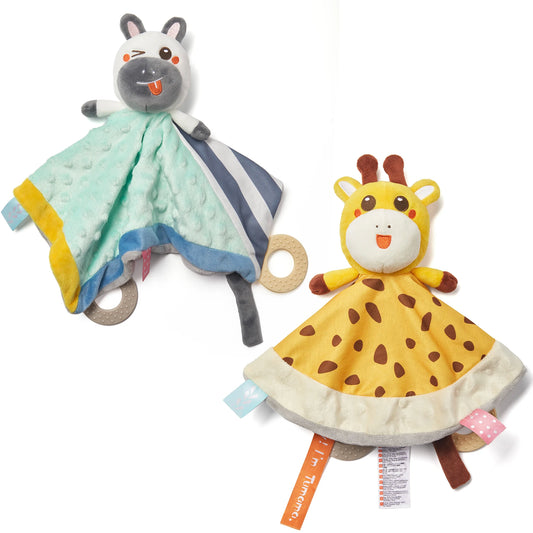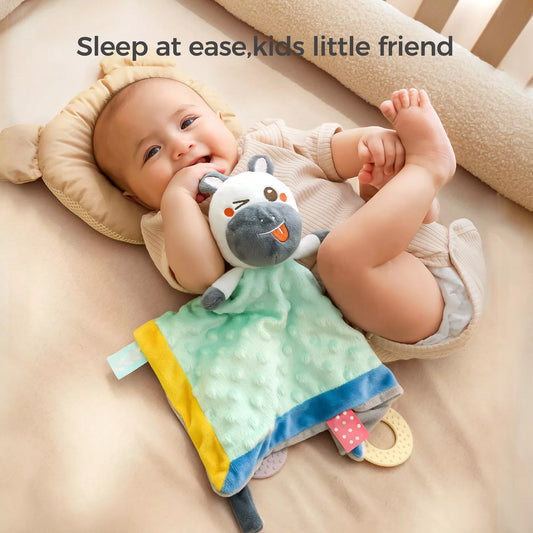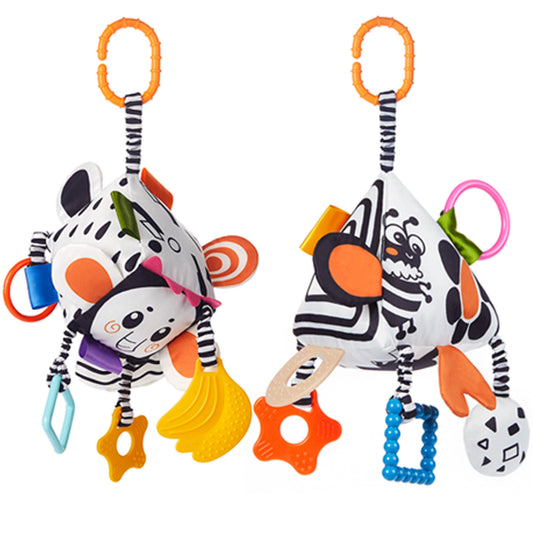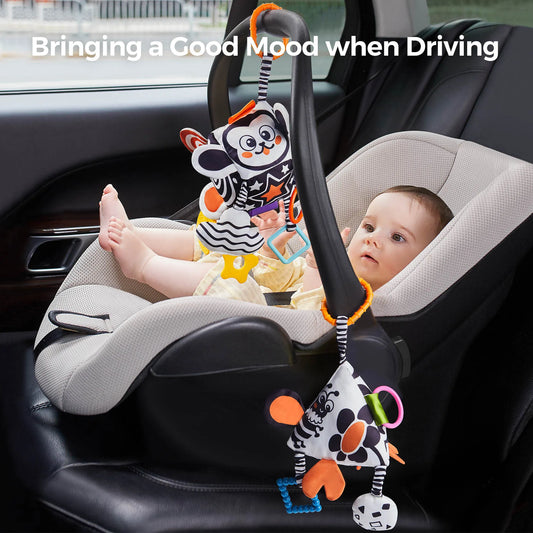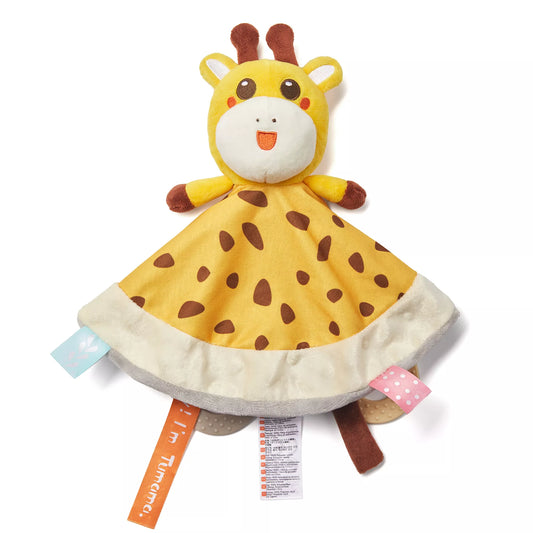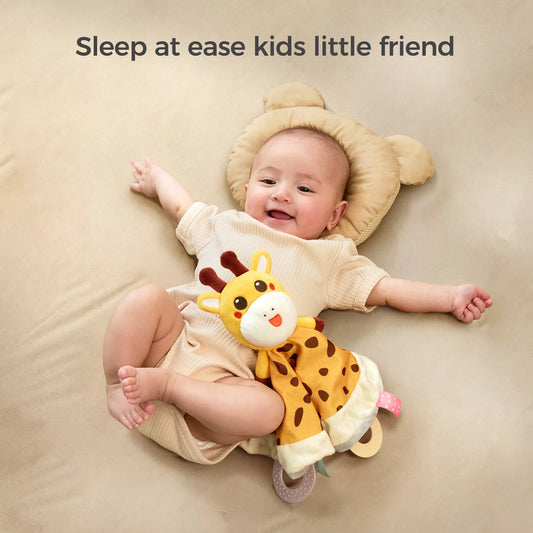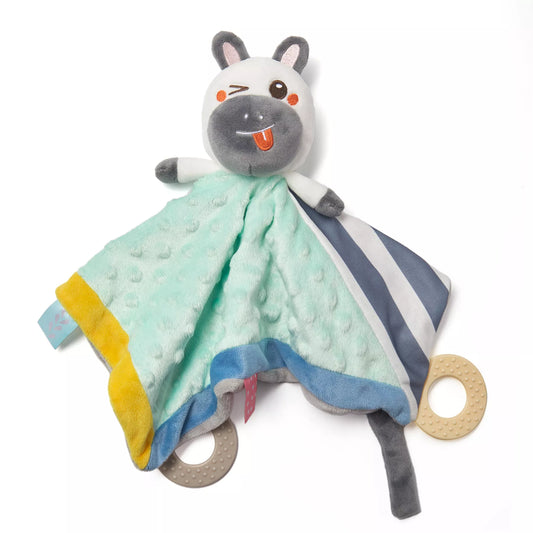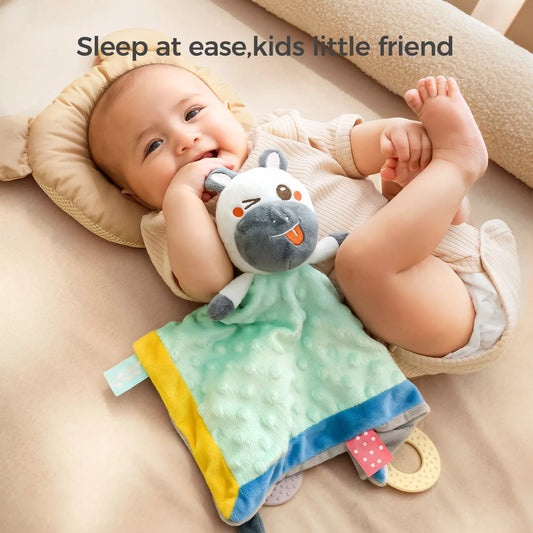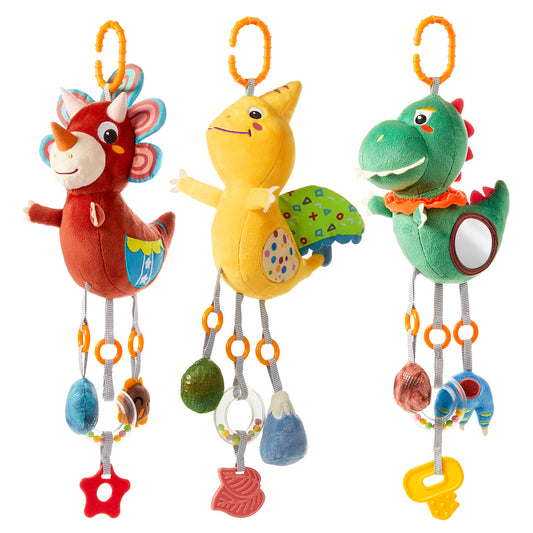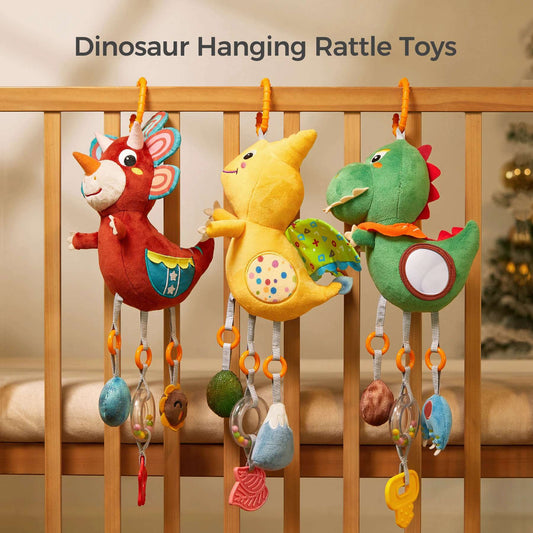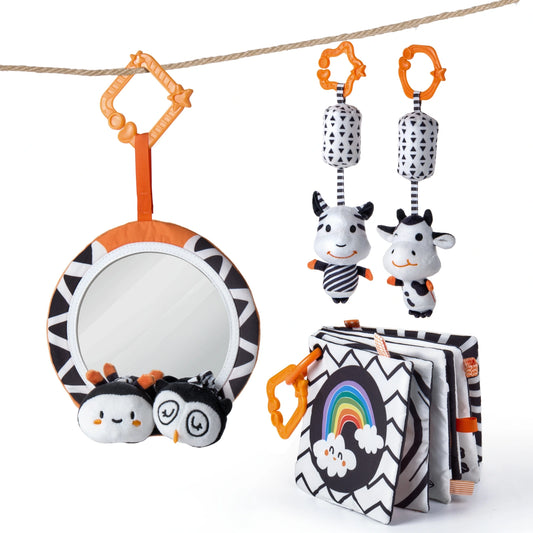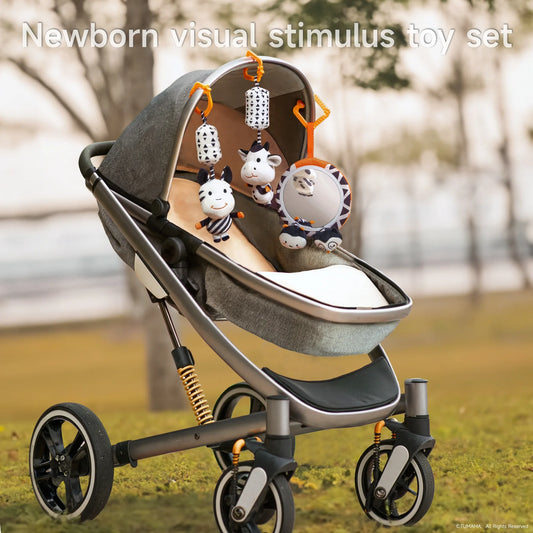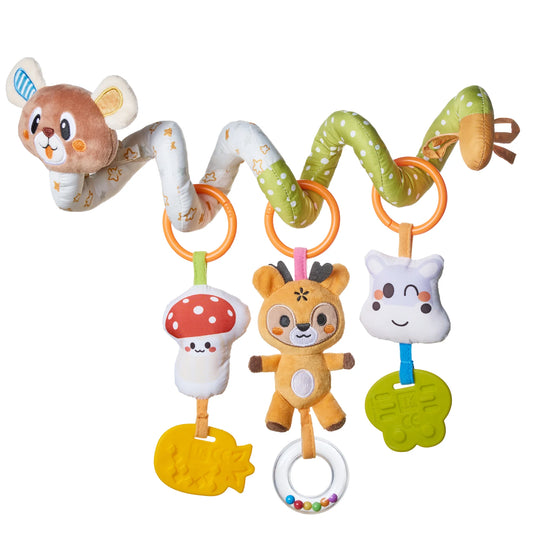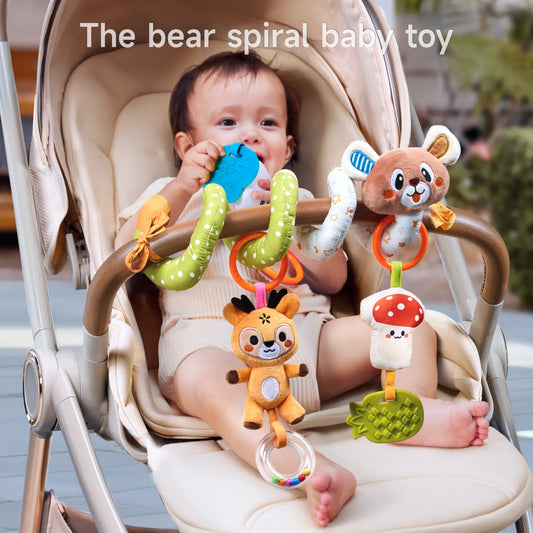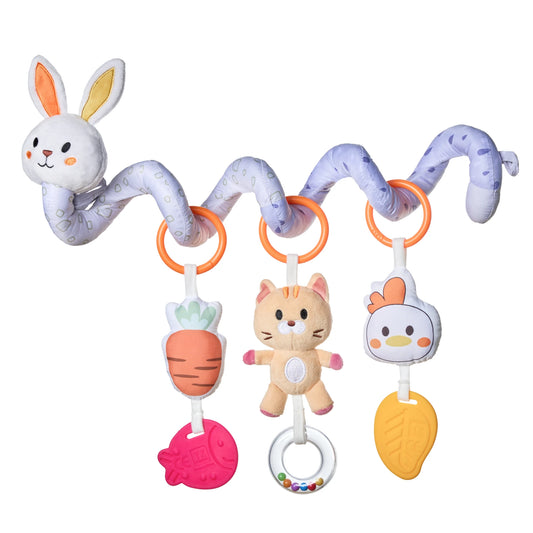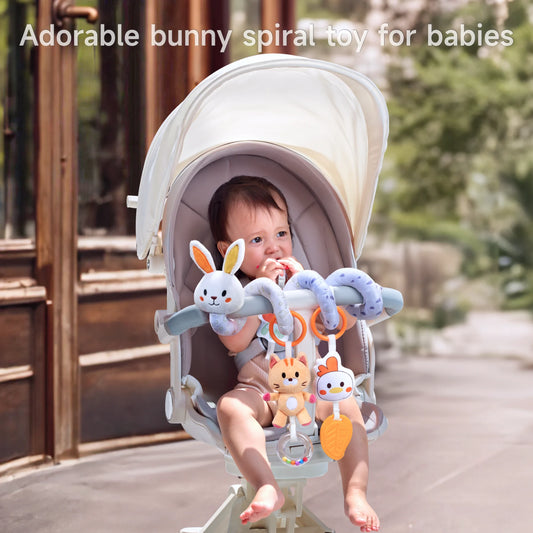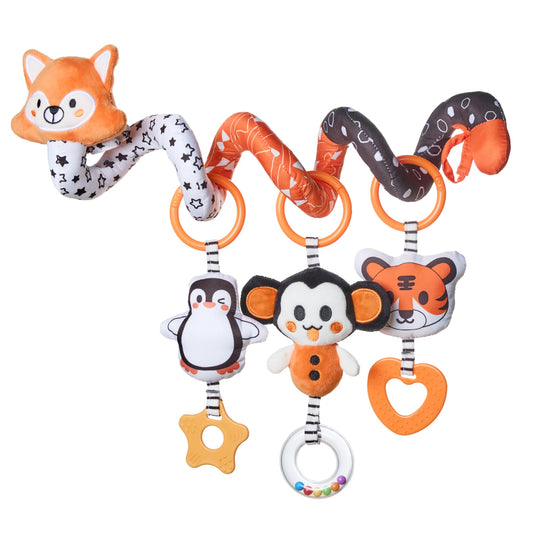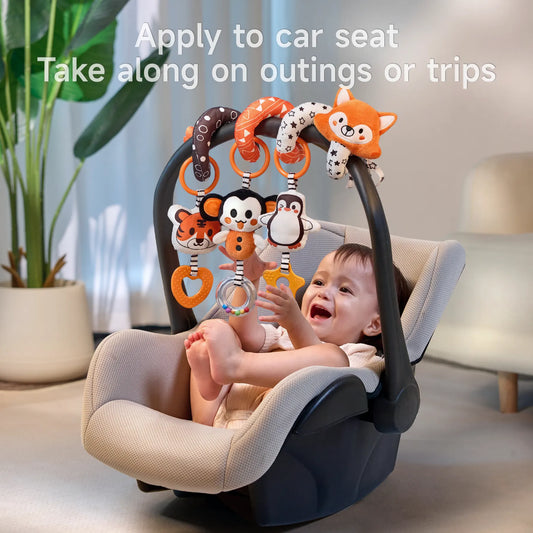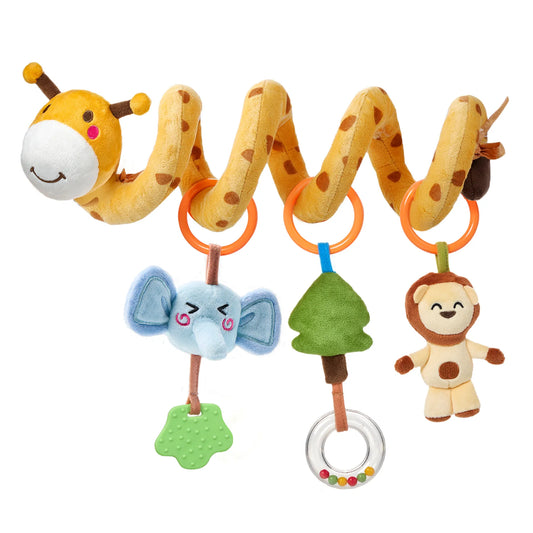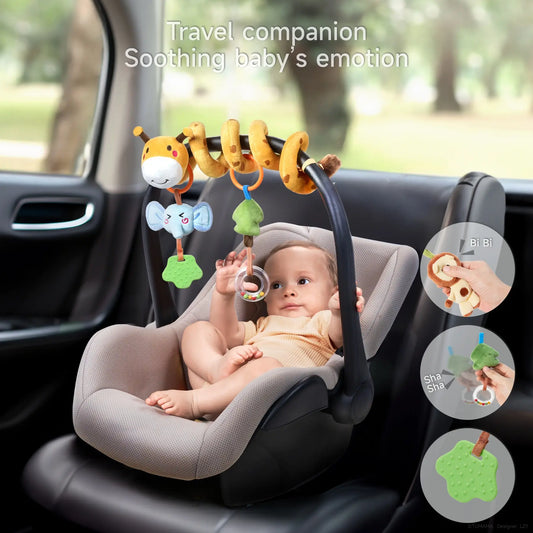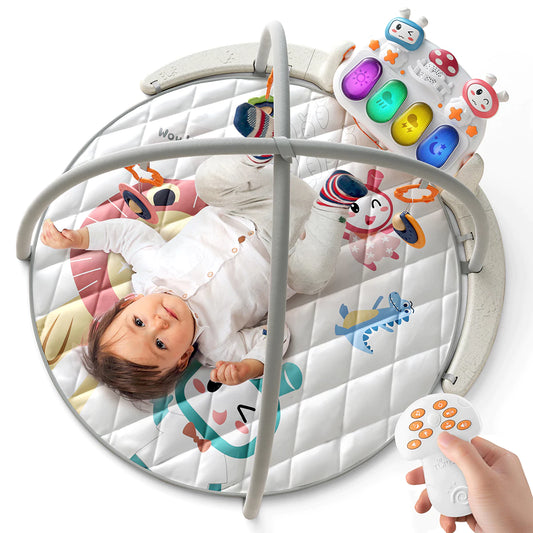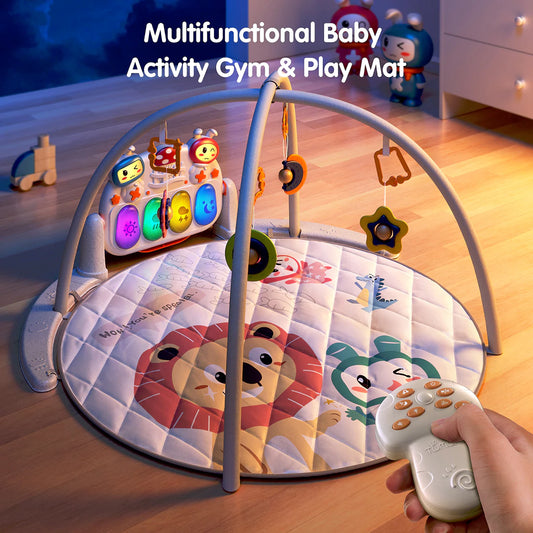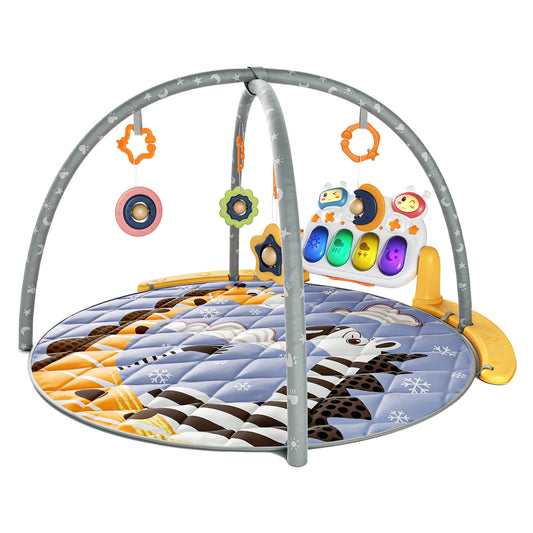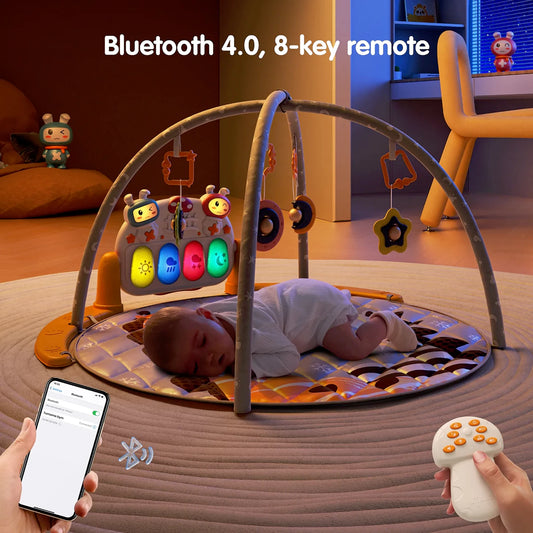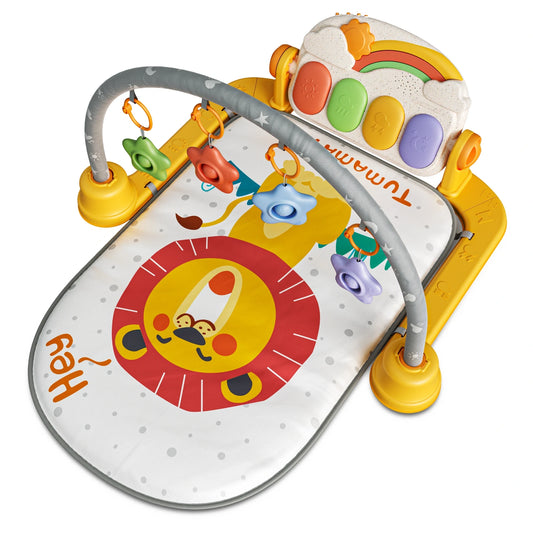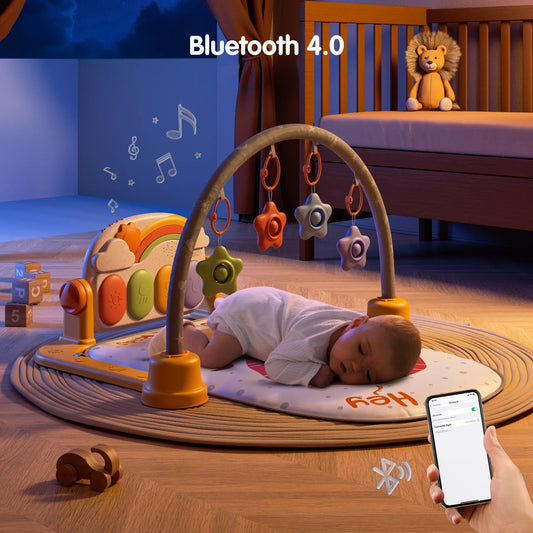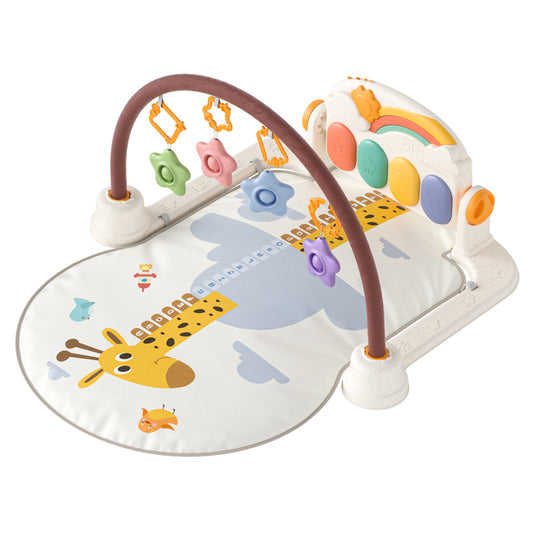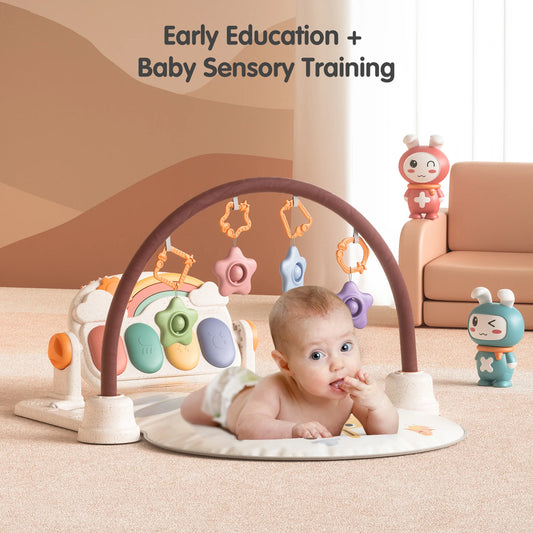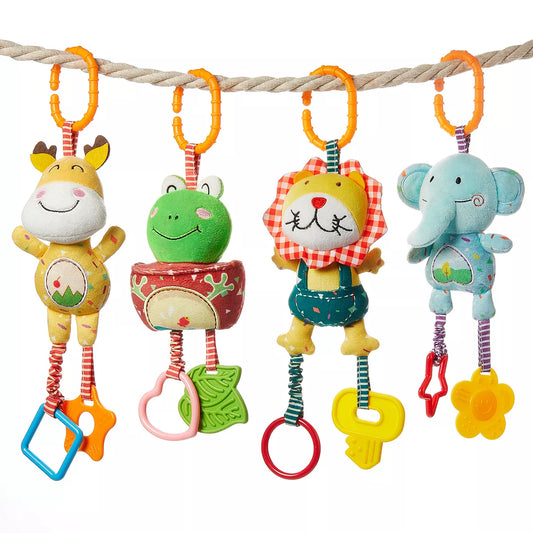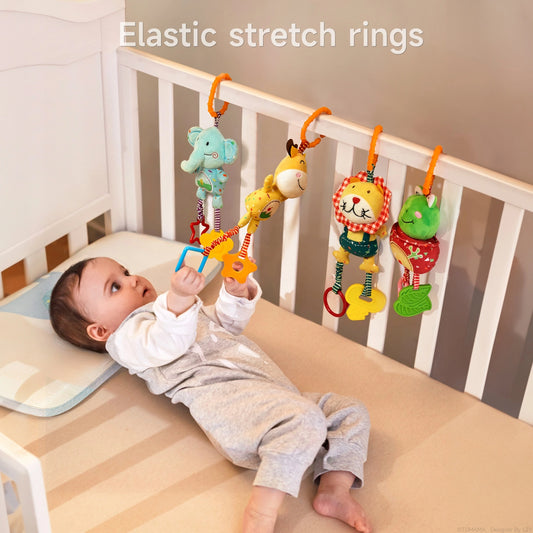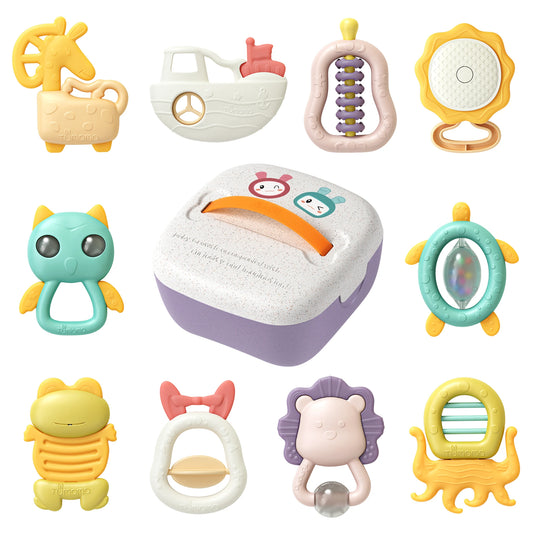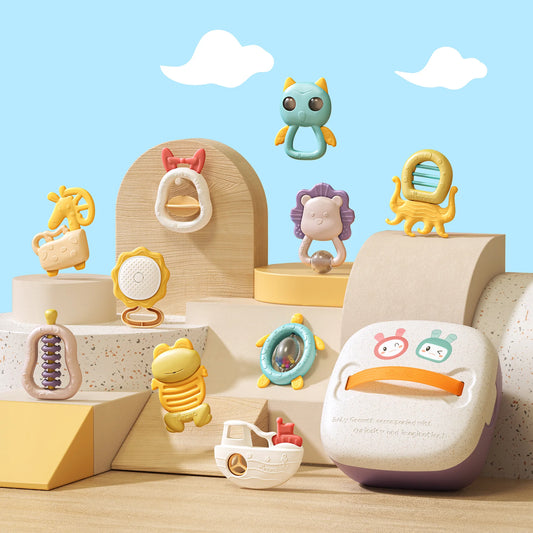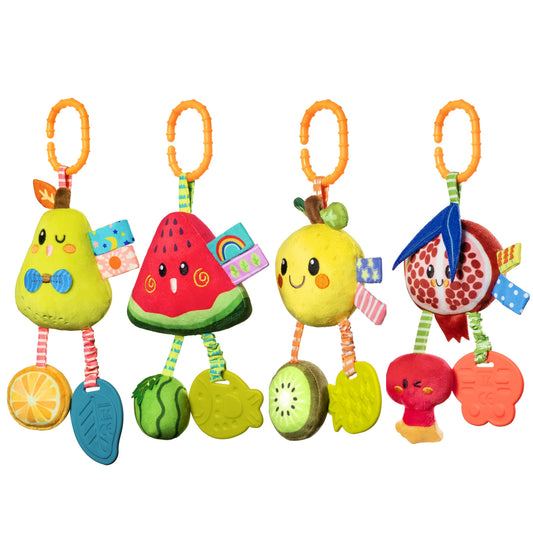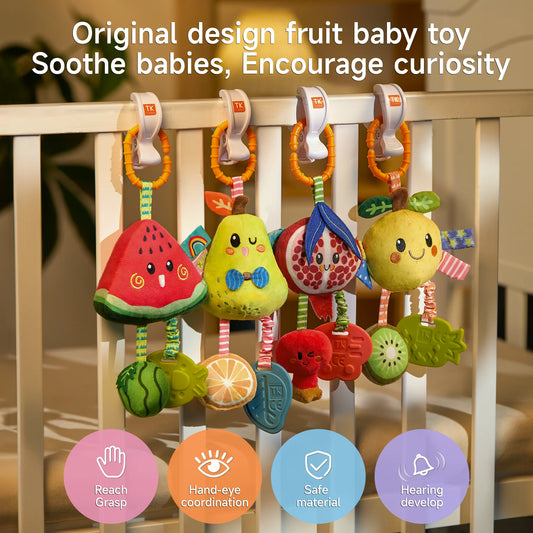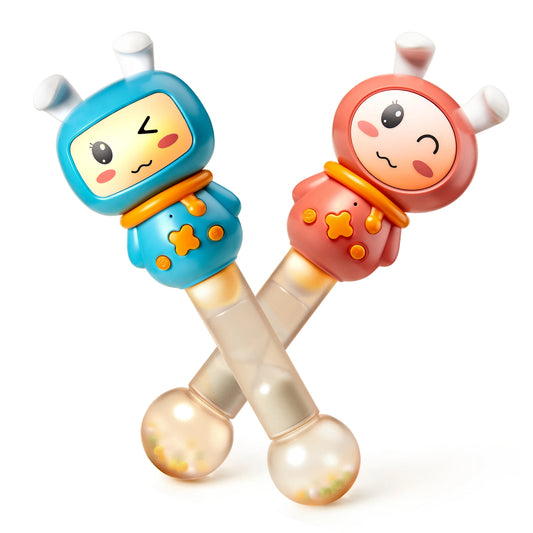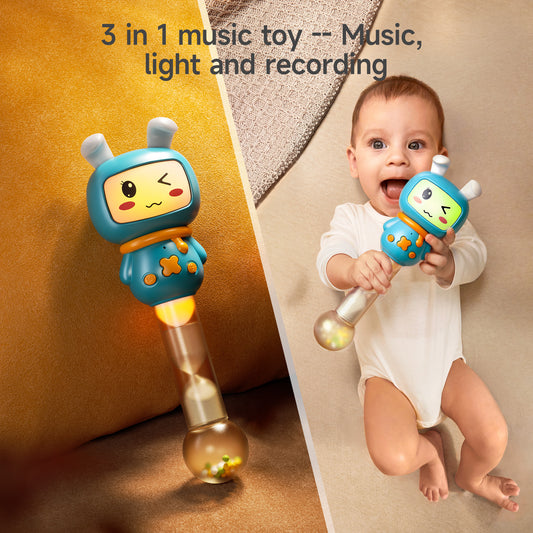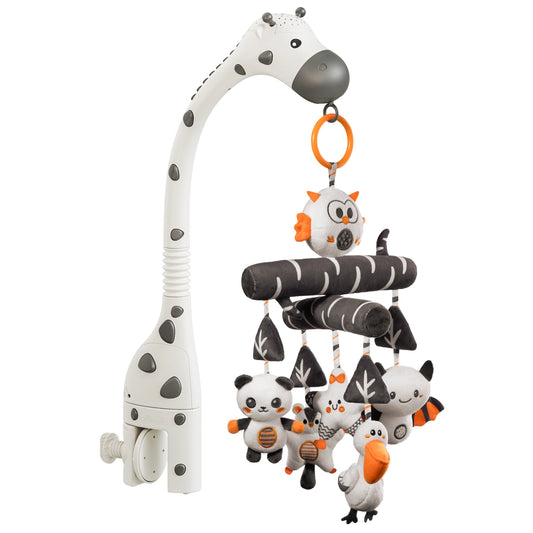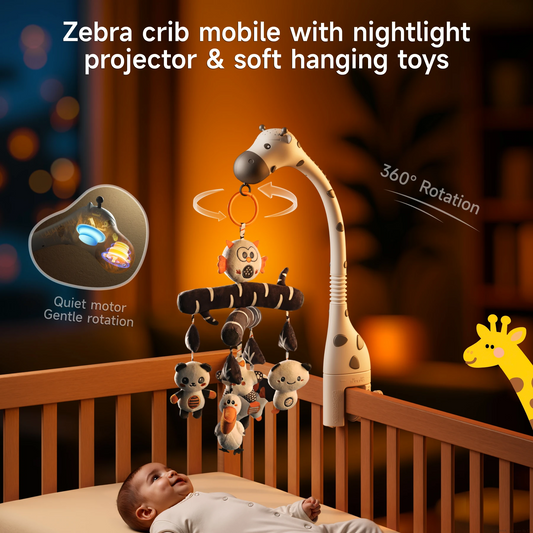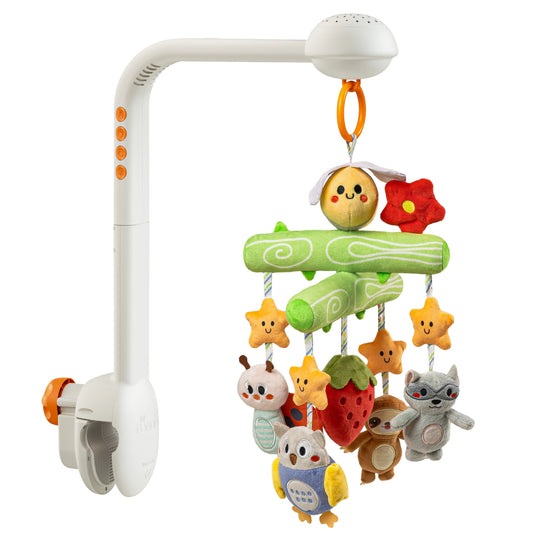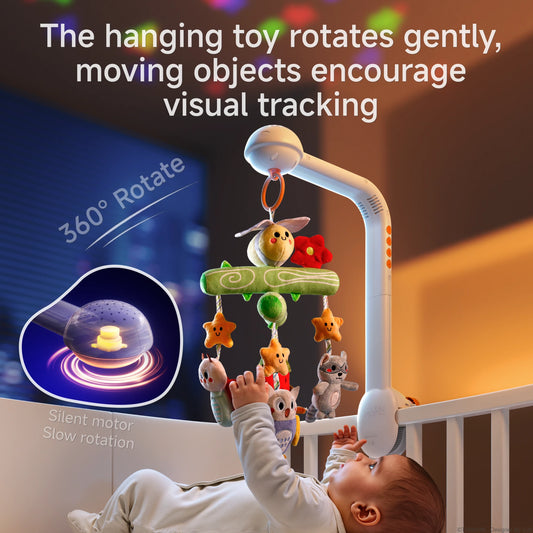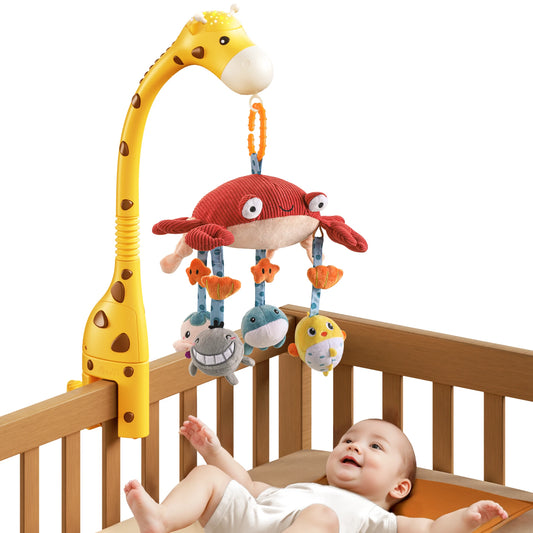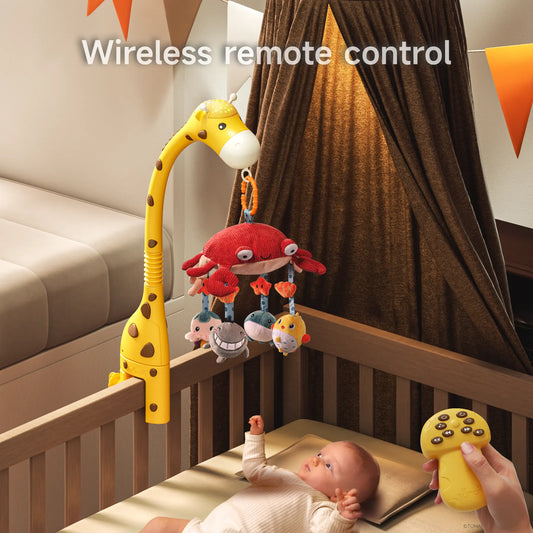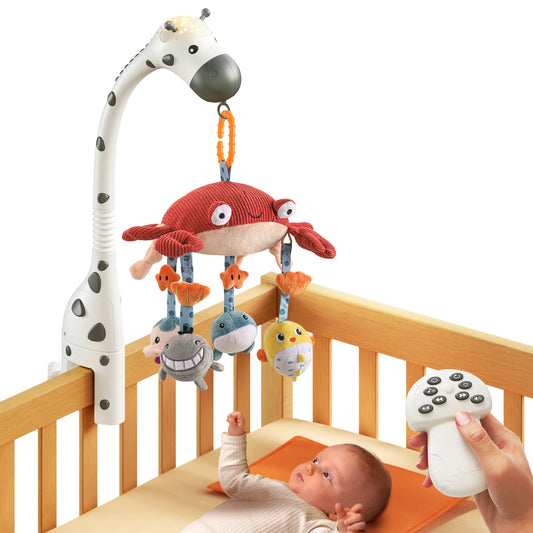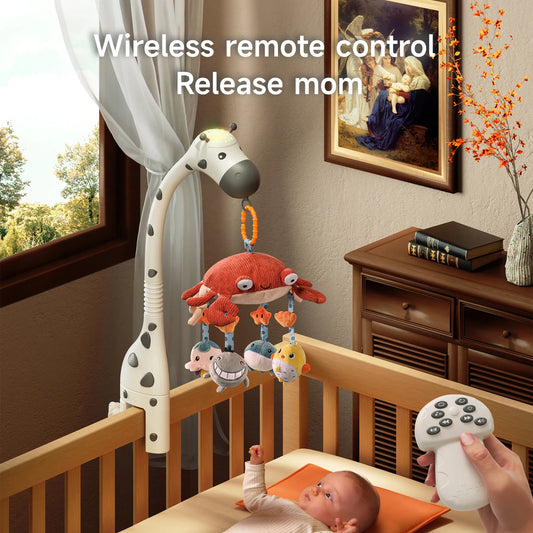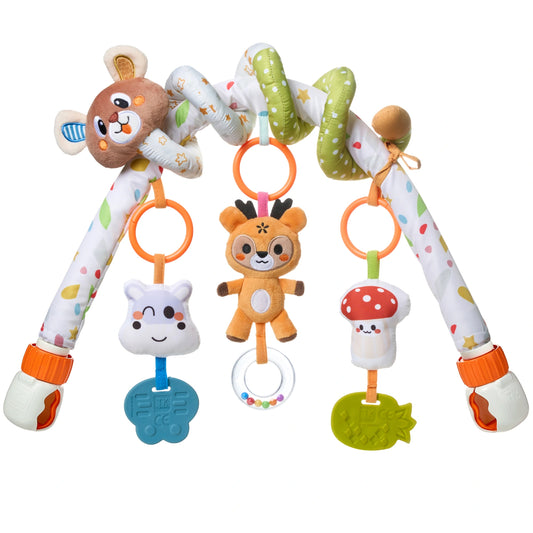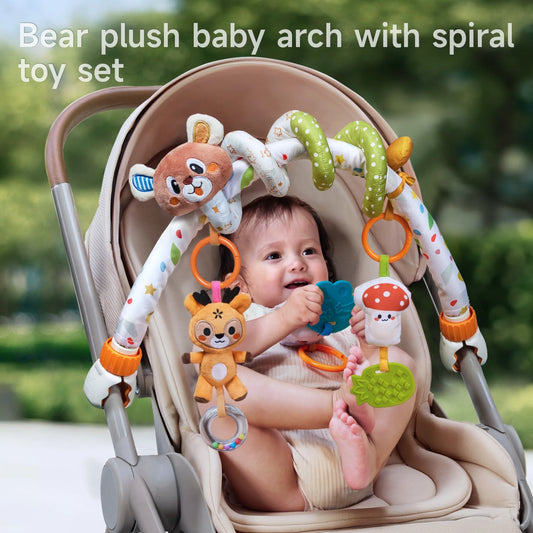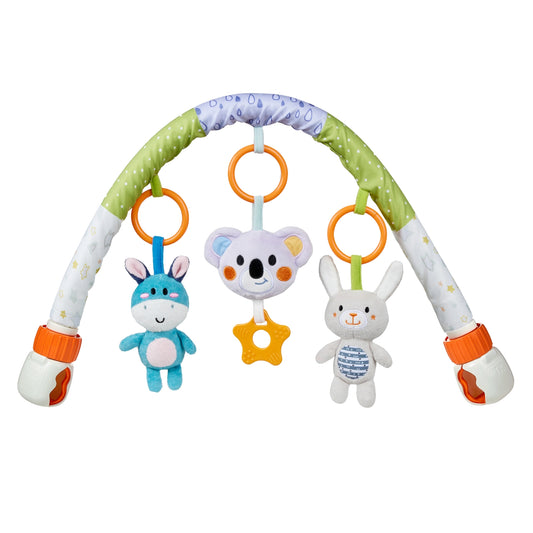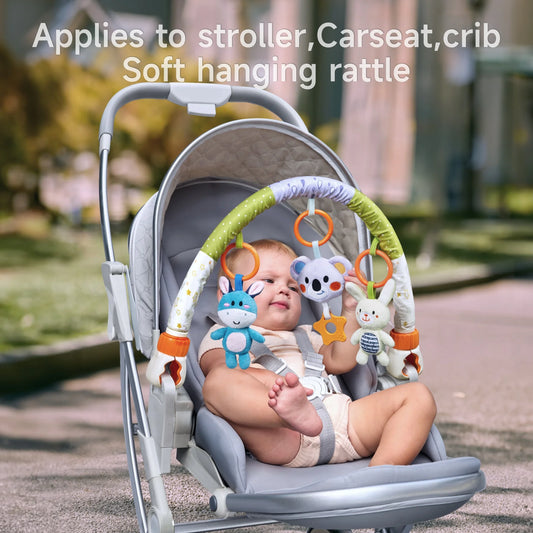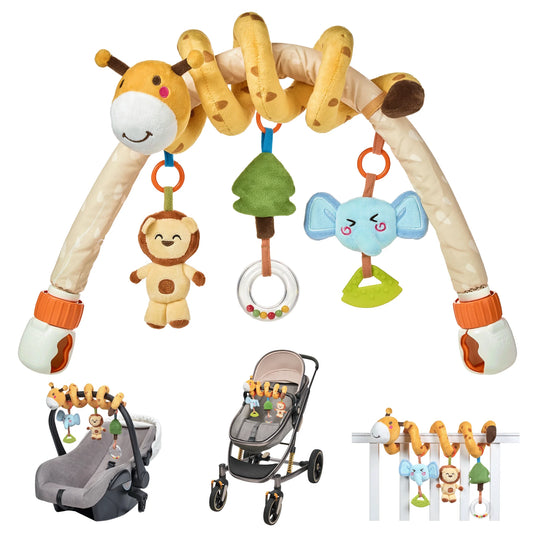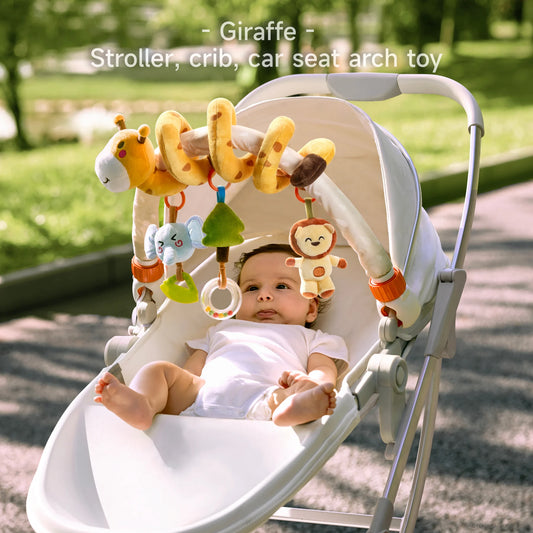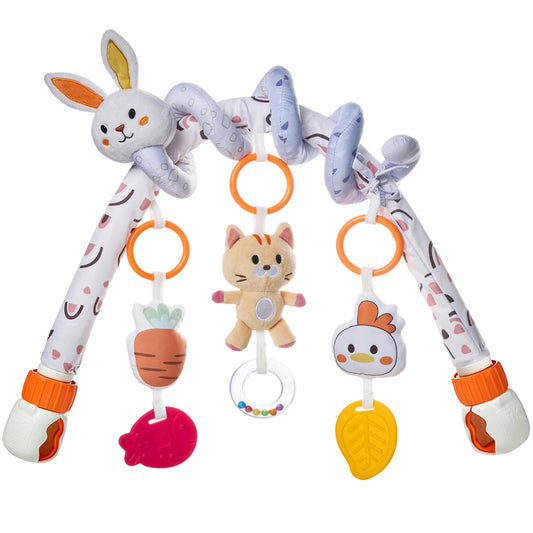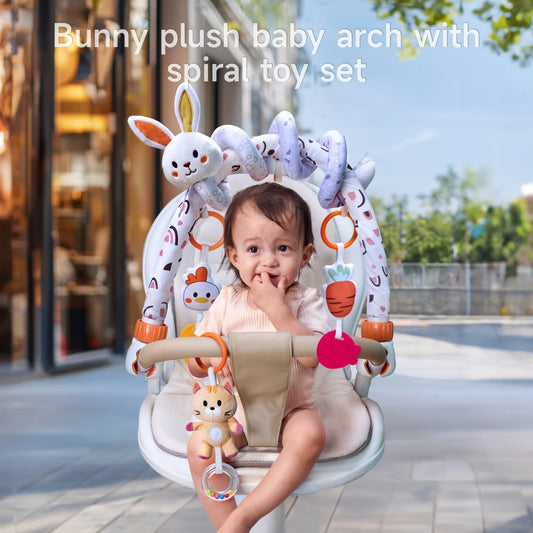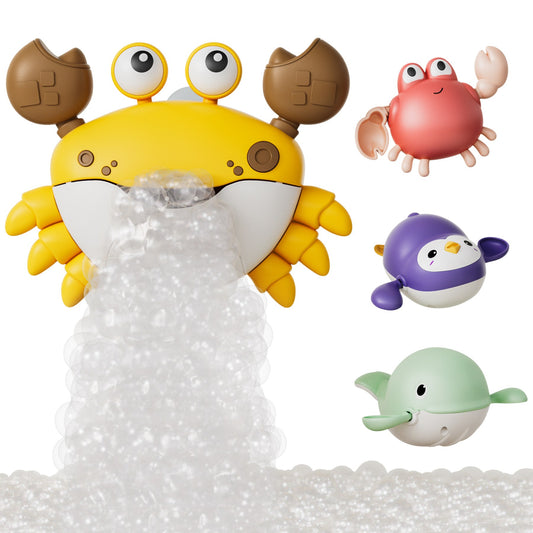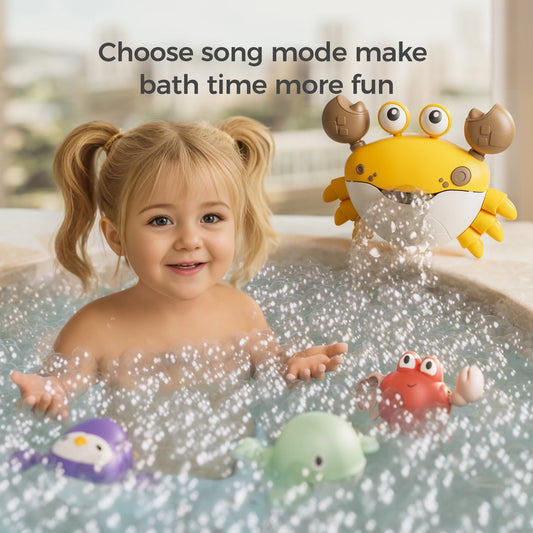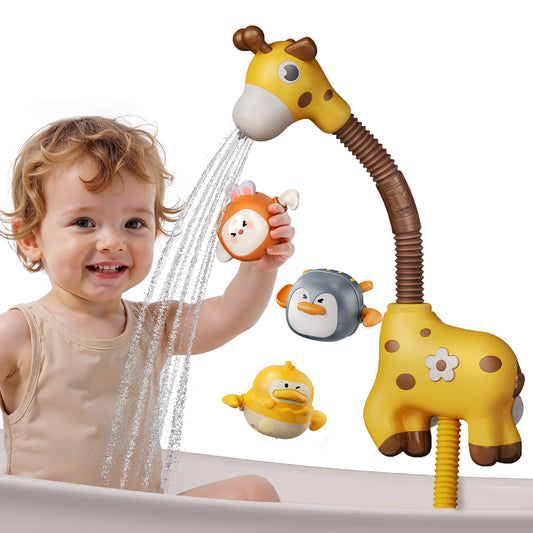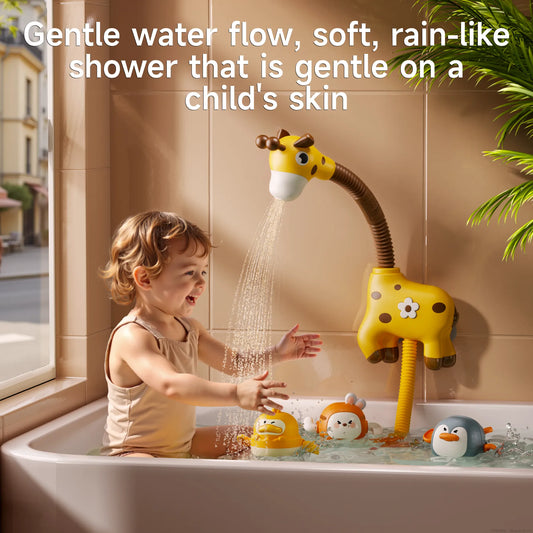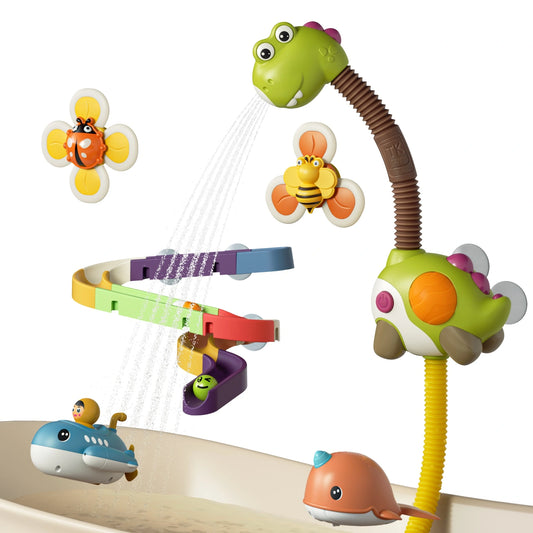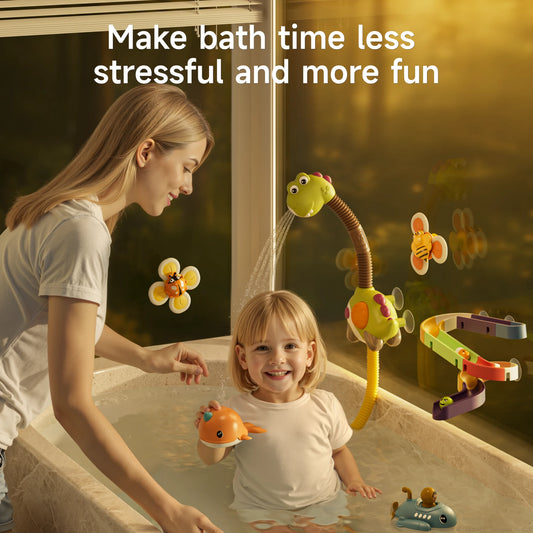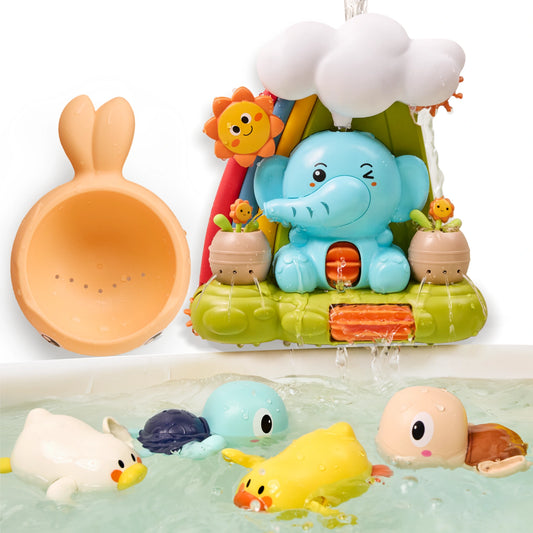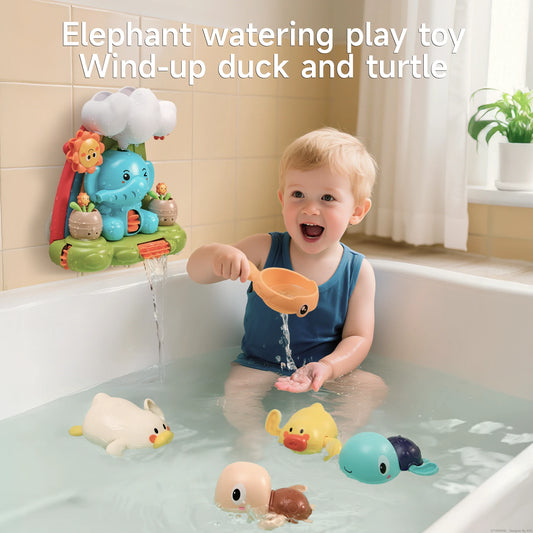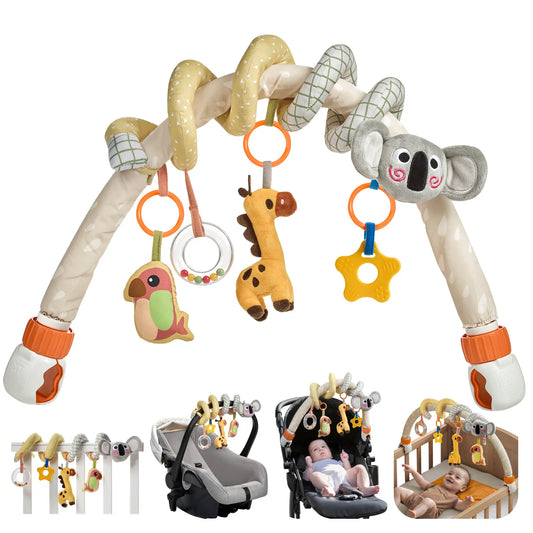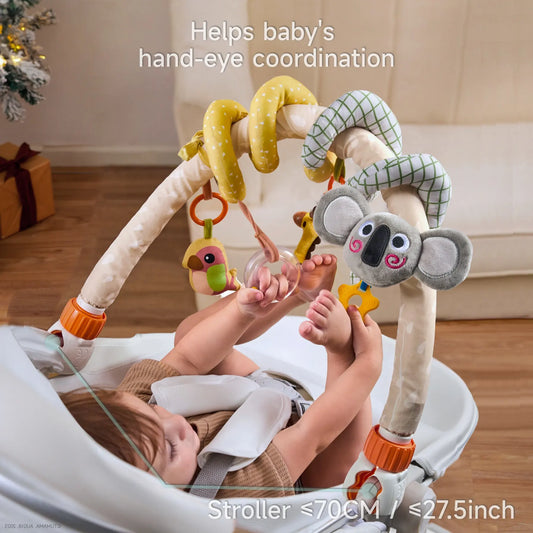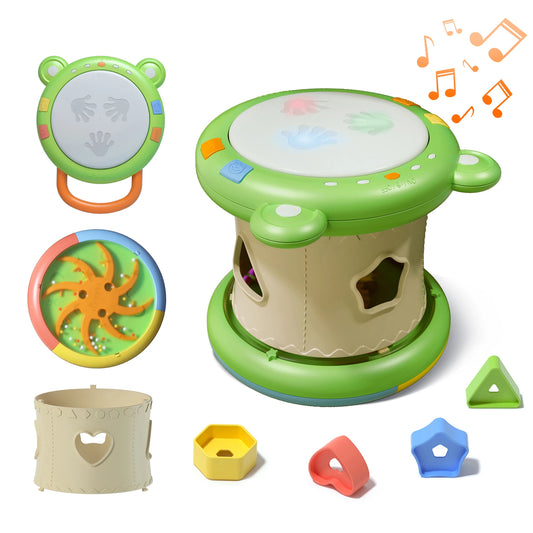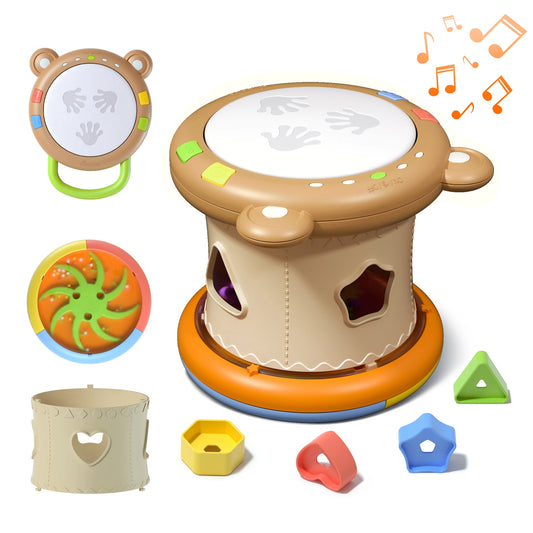At Tumama Kids, we’re passionate about supporting your child’s development at every milestone. Our thoughtfully curated Baby Toys collection is designed to adapt as your baby grows—from gentle cuddles in those early days to lively toddler play.
Toys aren’t just for fun—they play a vital role in your baby’s growth, sparking curiosity and encouraging new skills. Each Tumama toy is crafted to nurture exploration, foster motor abilities, and offer safe, enjoyable playtime at any age.
How Can I Choose Age-Appropriate Toys for My Baby’s Development?
Newborns (0-3 Months)
- High-contrast toys: At this stage, bold patterns and strong colors help stimulate your baby’s developing vision.
- baby rattles: Gentle sounds support early hearing and start building hand-eye coordination as your baby tracks movement.
- Tummy time play gym: Soft play gyms make tummy time enjoyable, strengthening neck, back, and shoulder muscles.
Infants (3-6 Months)
- Teethers: Safe, textured teethers relieve sore gums and introduce your baby to different shapes and feels.
- Easy-to-hold grasping toys and rattles: Lightweight grasping toys encourage reaching, grasping, and fine motor development.
- Interactive activity toys: Toys with spinning, shaking, or dangling parts capture attention and introduce cause-and-effect learning.
Babies (6-12 Months)
- Stacking cups and toys: These encourage problem-solving, hand coordination, and teach about sizes and balance.
- Push-and-pull toys: Early walkers and rolling toys motivate crawling, standing, and those exciting first steps.
- Musical instruments: Simple percussion toys like infant drum bring music into play. Not only do they develop the baby's perception of rhythm, but they also enhance auditory development and initiate musical talent in an interactive and fun way.
- Baby Mirrors: Babies love looking at faces, especially their own reflection. A baby mirror promotes early social engagement and self-awareness, laying the groundwork for language skills as they coo and babble in response.
Toddlers (1-2 Years)
- Shape sorters and puzzles: Puzzles and sorting games help with critical thinking, fine motor skills, and problem-solving.
- Ride-on toys: Balance and movement are developed through ride-on cars and similar toys, making active play extra fun.
- Symbolic/Pretend Play: Mini kitchen sets, dollhouses, or small farm sets enhance imagination, language skills, and social-emotional development through role-play.
- Toys on Pull Strings: A classic example is a toy dog on wheels attached to a leash. Pulling it around helps with motor coordination and encourages imaginative play.
Are There Toys That Support Sensory Development?
- high-contrast toys for stimulating vision.
- Textured playthings like crinkly or plush fabrics for tactile exploration.
- Musical and sound toys for introducing new sounds and teaching cause-and-effect.
- Safe teethers that relieve gums and encourage mouthing.
- Light-up toys to develop visual tracking and focus.
- Activity gyms that combine sounds, textures, and mirrors for all-around sensory fun.
Which Toys Help Babies Crawl and Walk?
- Push walkers: These provide stability and encouragement for babies learning to stand and walk.
- Rolling toys: Balls and rolling animals inspire little ones to crawl and chase.
- Ride-ons: These support balance and coordination, making early movement exciting.
- Soft tunnels: Collapsible tunnels create a fun path for crawling adventures.
- Interactive toys: Sound and light toys placed just out of reach motivate babies to move closer.

